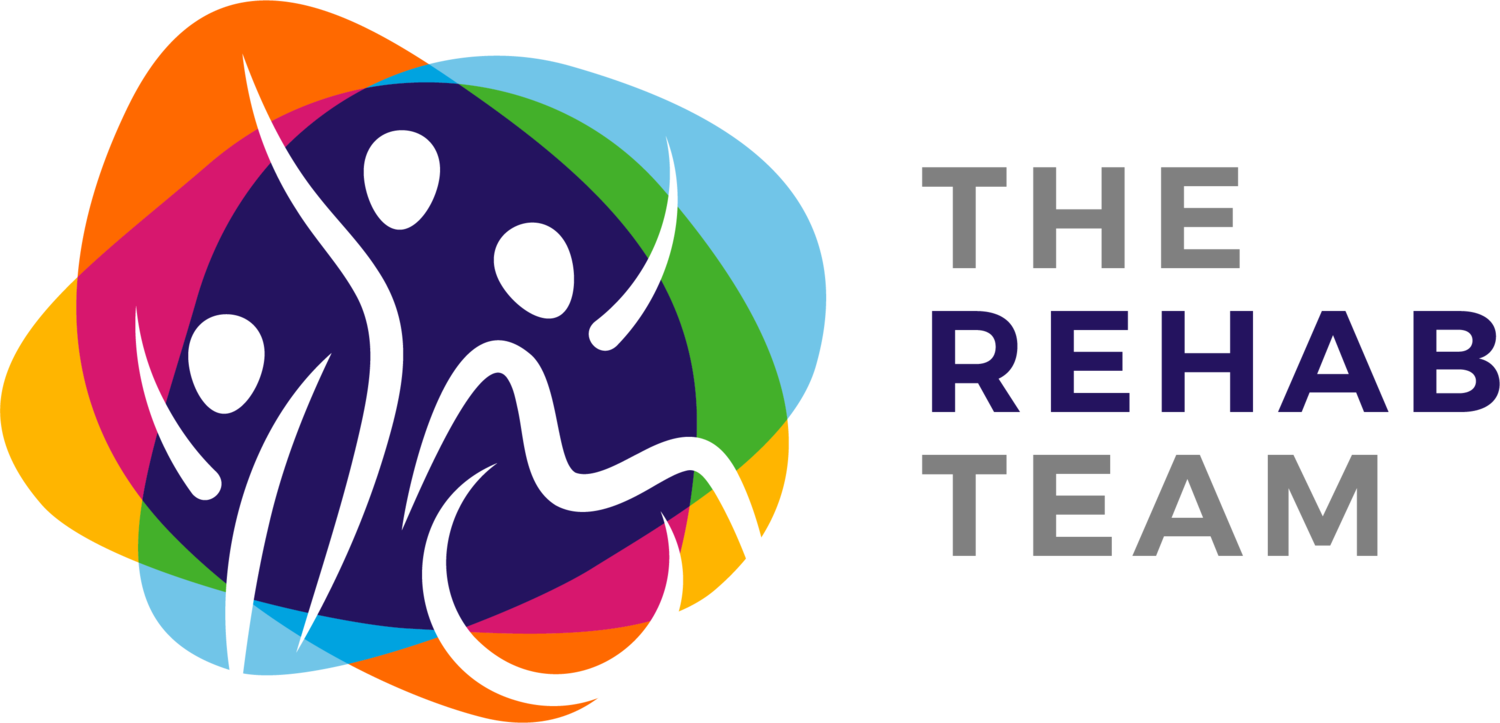Functional Neurological Disorder.
The Rehab Team provides Neurological Physiotherapy specific to people diagnosed with Functional Neurological Disorder in Papamoa, Tauranga and surrounding areas.
Functional Neurological Disorder (FND) is a diagnosis of a collection of symptoms such as weakness, abnormal movements, sensation changes, cognitive changes and seizures that result from a problem with the functioning of the nervous system and how the brain and body send and receive signals.
Functional Neurological Disorder is a condition caused by alterations in the functioning of brain networks rather than abnormalities in brain structure (Hellet, 2022). It is the second most common neurological diagnosed made in neurology clinics in the states (Fobian & Elliott, 2019). FND is often described using the hardware vs software analogy. Imagine that your brain is a computer in which the physical components of your brain are the computer hardware and how different parts of your brain communicate with each other are the software (or an operating system i.e. Windows, Mac OSX). The hardware and software communicate and work together to help function and interact with the environment. FND is an issue with the software of the brain. This can cause a disruption in the way the hardware and software communicate with each other and can cause the hardware to function abnormally and react differently to the environment.
What causes Functional Neurological Disorder?
FND is caused by a complex interaction of physical, psychological, sensory, movement control (motor control), lifestyle factors and autonomic influences in the brain.
There can be several underlying biopsychosocial factors which play a role in the development of FND. Some of these factors contribute to making the brain vulnerable, triggering FND episodes and preventing people from getting better. Injury and pain can be a common trigger for FND flare-ups. Anxiety, depression and traumatic life experiences can also contribute to making brains more vulnerable to FND. However, it is possible to be diagnosed with FND and not have any of these underlying risk factors.
Functional Neurological Disorder symptoms
People living with FND can experience a wide variety of symptoms. These can include weakness, sensory changes, cognitive changes, dissociative attacks, involuntary movements, walking and balance disturbances, speech and visual changes to name a few.
FND symptoms can be described as appearing suddenly and progressing rapidly. Symptoms can also fluctuate, resulting in complete remission of symptoms followed by flare-ups and sudden recurrences.
Functional Neurological Disorder treatment
The evidence for FND treatment is small but rapidly growing as the international awareness of FND grows too. Current recommendations for FND treatment include:
-A clear diagnosis of FND is a timely manner with immediate referral for rehabilitation is best. It is now known that improvements in FND can occur, and at times recovery, with the correct rehabilitation.
-Gaining a good understanding of what FND is and your individual condition is important in optimising recovery.
-It is important to find your “'rehab team’’. This may have been completed by your Neurologist when you were diagnosed, however if no rehabilitation referrals were completed, it is important for you to find your own clinician that is experienced in FND. Depending on your symptoms, you may have a Neurological Physiotherapist, Psychologist, Occupational Therapist or Speech Therapist in your team. The Rehab Team works alongside a wider team of professional to assist clients in their FND rehab.
-In The Rehab Team’s Neurological Physiotherapy appointments, we often focus on:
A thorough assessment of your FND symptoms and any changes within the different areas that FND can impact - Physical, Motor control, Sensory, Lifestyle, Autonomic and Psychosocial. Based on what comes in the assessment will determine what your treatment will look like.
We work out how to encourage normal, automatic movement patterns - Afterall, FND is associated with an error in the way the brain’s neural networks communicate. If we can encourage automatic movement we can see a significant improvement in movement.
We determine if any FND triggers may be making your symptoms worse.
If you are experiencing Functional Seizures - we set up an individualized pre-seizure plan to try to prevent seizures from starting. If this is not successful we give you strategies to use to get through your seizure in an easier and at times quicker way.
We slowly progress these exercises based on YOUR FND symptoms. This type of exercise is very different to the way you would progress exercises when trying to strengthen muscles (say after an ankle injury).
Before you leave our support, we provide you with a self-management plan so you have the skills to manage any potential FND flare ups you may have in the future.
Book an appointment with one of The Rehab Team’s Neurological Physiotherapists today. We provide appointments within our Papamoa Clinic or in your home if you are based in Papamoa, Tauranga or Mount Maunganui region.



